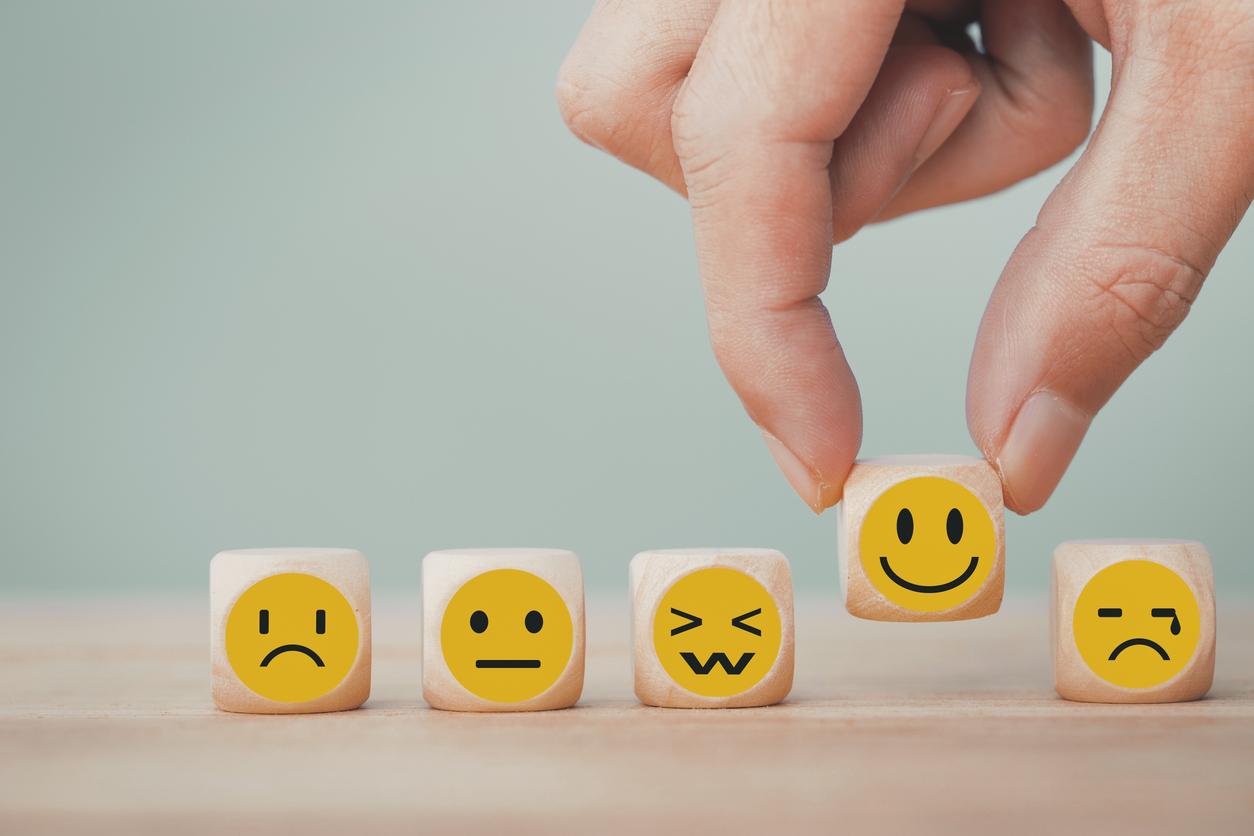The six universal emotions tell you something? An emotion is a psychological and physical reaction to a situation. It manifests itself first internally before producing an external reaction. It is born from our confrontation to an event and our interpretation of reality. In this, it differs from a sensation, which is a direct physiological response to an external stimulus.
Universal emotions according to Paul Ekman
Taking up the work of Charles Darwin, the psychologist Paul Ekman identified six universal emotions in humans: fear, disgust, anger, surprise, joy and sadness. This theory is based on transcultural observations carried out on populations which have never been exposed to the same cultural influences. His analysis of facial expressions made it possible to demonstrate that these emotions are universally shared.
Primary emotions and cultural influence
If this theory is widely accepted, it has been nuanced by subsequent research which highlights the impact of culture on the expression and interpretation of emotions. Some researchers, such as Daniel Goleman or Robert rather, have widened this classification by integrating other emotions like love, shame, anticipation or confidence.
A story of emotions: from Descartes to Goleman
The study of emotions is not new. In 1649, René DescartesIn The passions of the soulalready identified six simple emotions: admiration, love, hatred, desire, joy and sadness. For him, all the other emotions were combinations of these six.
More recently, Daniel Golemanfamous for his book Emotional intelligenceoffers a classification of emotions in eight categories: anger, sadness, fear, pleasure, love, surprise, disgust and shame. These different approaches show that, if we recognize the universality of certain emotions, their perception and their definition can vary depending on the authors.
The evolutionary role of basic emotions
Primary emotions play a crucial role in our survival. For example :
- Fear helps us to anticipate the dangers and react quickly.
- Anger mobilizes our energy to face a threat.
- Joy promotes well-being and strengthens social ties.
- Surprise pushes us to quickly adapt to an unexpected change.
- The sadness allows you to express a loss and attract support.
- Disgust protects us from harmful substances and immoral behaviors.
Basic emotions vs fundamental vital energies
If all these emotions are universal, they remain punctual and reactive. However, they are articulated around two fundamental energies which structure all our emotional experience: Fear and love.
Why love? Because we are scheduled for survival, and this mission is impossible without love. The attachment hormone, theoxytocinis released in our brain when we feel love, thus promoting the safety of human relations and therefore the survival of the species.
Love and fear do not oppose. Like the Yin and Yangthey complement each other and combine to generate all of our deep energies.
The impact of emotions on our well-being
Understanding and mastering your emotions is an essential key to living better with yourself and with others. Emotional intelligence, a concept popularized by Daniel Goleman, is based on several skills:
- Self -awareness : Identify and understand your own emotions.
- Self -control : Know how to regulate your emotional reactions.
- Motivation : use your emotions to move towards your goals.
- Empathy : Recognize the emotions of others and react to it with kindness.
- Social skills : maintain harmonious relationships.
Conclusion
Universal emotions are at the heart of our humanity. They are the fruit of evolution and condition our interactions with our environment. If their existence is recognized by scientists, their classification remains debated. But one thing is certain: developing your emotional intelligence makes it possible to sail better in the complexity of human relationships and to improve your personal and social well-being.














